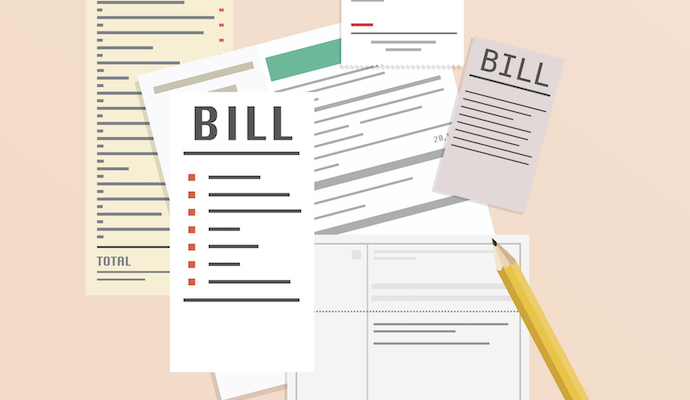Healthcare Spending Boost to Come for Private Insurance Members
While many privately insured members expect to increase their healthcare spending due to coronavirus, almost an equal amount say they will skip their annual exam.

Source: Getty Images
- Coronavirus is changing member and beneficiary healthcare spending habits, including increased telehealth utilization and but lower overall healthcare utilization, a recent PwC Health Research Institute's (HRI's) consumer survey found.
For more coronavirus updates, visit our resource page, updated twice daily by Xtelligent Healthcare Media.
“HRI’s results signal that US businesses could play an even bigger role in protecting the health of their workers, that the health system likely will make more room for telehealth and other forms of virtual care, and that the American consumer may take a more active role in managing health and participating in a system that is being remade,” HRI summarized.
Those with private payer health plans were more likely than those on a public plan to say they would be changing their healthcare spending or skipping provider visits. When asked whether they would be going in for an annual checkup, 42 percent of the privately insured planned to skip the physical, compared to 28 percent on public insurance.
That being said, when it came to elective procedures or chronic disease management provider visits, Medicare consumers were the most likely to skip.
A little over four in ten (41 percent) of those on a plan with a private payer anticipate an increase in their healthcare spending for provider visits.
In private health insurance, the survey estimated that 16.5 million Americans used video telehealth for the first time during coronavirus. Nearly nine in ten (88 percent) said that they would use telehealth again.
HRI broke down the demographic for this group to identify these new users. Almost four in ten (38 percent) were on an employer-sponsored health plan. Around 20 percent were on Medicare and 16 percent had a plan purchased from the payer. The users were mostly white, middle-aged, and had a chronic disease.
Telehealth has been acknowledged as a great resource for chronic disease management for a while, most recently by policymakers who want to expand Medicare coverage of chronic disease management telehealth tools.
HRI suggested that payers can design more telehealth benefits and push them out to other markets aside from employer-sponsored health plans.
The survey also showed that patients are experiencing certain social determinants of health —which are integral to conversations about healthcare spending—at a higher rate than they were prior to the coronavirus outbreak.
The percentage of Americans experiencing at least one social determinant of health rose eight percentage points during the coronavirus pandemic from 53 percent to 61 percent.
There were four main social determinants of health that came to light based on the HRI survey:
- Loneliness and isolation
- Too much time on technology
- Poor access to healthy food
- Poor access to safe exercising areas
Employer-sponsored health plan members particularly reported exorbitant amounts of screen time and, like every other health plan, the determinant that they struggled with the most was isolation.
With this in mind, payers would do well to focus on developing social programs with employers to meet isolation and other social determinants, the survey suggested. HRI offered three approaches to handling pandemic social determinants of health:
- Education
- Social determinant assessments
- Care management
As summer approaches, payers are trying to predict spending for this year and next in order to set rates for 2021. Discerning the potential income from elective health services is just as important as trying to accurately foresee coronavirus testing and treatment spending.
Payers have been hoping for the possibility of an influx in demand for elective care. At UnitedHealth Group’s 2020 first quarter call, the major payer’s leadership voiced a commonly held prognosis that a spike in elective care may offset the coronavirus-related healthcare spending.
According to PwC researchers, private plan members may do exactly as payers hoped, while Medicare members might pose more of a challenge.
